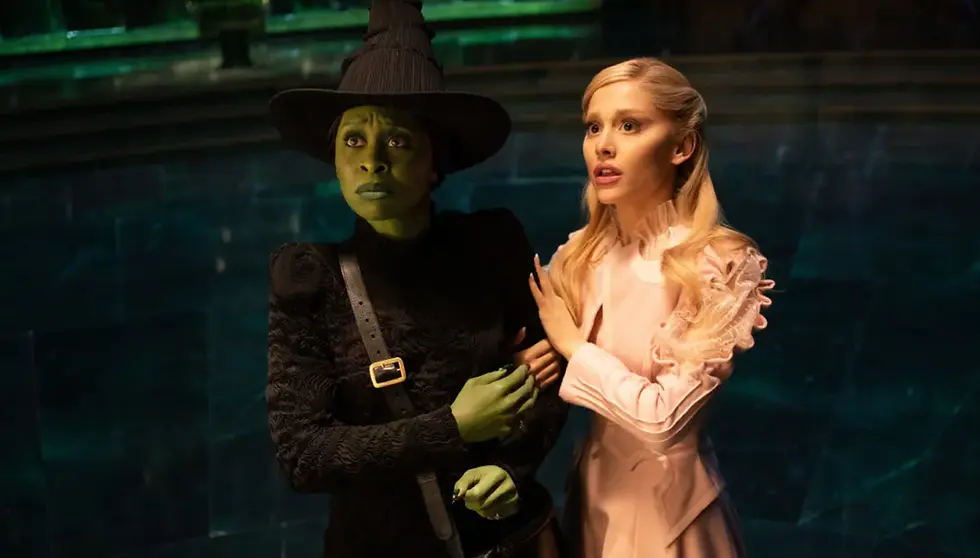Cock - Minerva Theatre, Chichester
- comaweng
- Oct 6, 2018
- 3 min read

I suppose I ought to be grateful I wasn’t alone in feeling the post-lunch slump during a mostly subtle play with some pauses so long the late Harold Pinter may have been inclined to suggest should be curtailed. A lady in the front row momentarily nodded off; a man a few rows back seemed to miss most of the show, slumped on an aisle seat. There we were, the Saturday matinee audience at the Minerva Theatre in Chichester: perhaps some of us expected a show called Cock to be, well, cocky – and while there is a certain swagger about M (Matthew Needham), a lot of it is talking heads and nothing else.
Literally, nothing else, apart from the everyday clothes the characters wear. No set, no props, not even any action, though with the theatre’s decision to have the audience seated on all four sides of the auditorium, making the show ‘in the round’, or to be more precise, ‘in the square’ (or is it ‘in the rectangle’?), at least the actors move around the performance space. I can’t even call it a stage – there’s no raised platform, just a red box with which all the action must take place. The only properly named character is John (Luke Thallon), with the aforementioned M being his male partner, W (Isabella Laughland) being his female partner (that is, Woman) and F (Simon Chandler) being M’s Father. They are not so ridiculous as to refer to one another at any point as M, W or F (this isn’t James Bond), but John is torn between being with M, with whom he was first in a relationship, but he has known W for longer, as they were friends going back some years.
The salient thing about the play is that John is under pressure to determine whether he is gay or straight, or as F suggests, bisexual. M and W find out about each other, and it all gets a bit complicated; F is only there as John has told M than W is ‘manly’, and so M wanted some backup in case a meetup between all of them got out of hand. But W isn’t ‘manly’, and all are agreed that she is, whichever way one looks at it, ‘feminine’ both in character and appearance. There are qualities that John finds extraordinary in both. Both M and W insist on exclusivity – ‘friends with benefits’ is out of the question (to the point where the question is not even asked).
Thallon’s John trembles as he feels the strain of making an impossible choice – it’s quite a harrowing sight – and when W decides she’s had enough of his apparent indecisiveness, M has reason to believe John is his by default. But, to quote Porgy and Bess, it ain’t necessarily so. John says nothing. M wants an unequivocal promise of commitment. John says nothing. M begs. John says nothing. You get the idea, and my fellow audience member in the block opposite slumps his head once more, bored waiting for John to respond.
It’s a strange play, but I can see why some have responded very positively to it. The world has somewhat shifted since its first outing in 2009 at the Royal Court, but perhaps not enough. To be clear – it’s a personal crisis of sexual identity rather than gender identity. If a label were to be put on John, I’d probably plump for ‘bicurious’ – he’s exploring whether he’s attracted to people of the same gender as well as people of another gender. But to place a label on him at all is missing the point: why should there be labels at all?
I had to laugh at a review elsewhere that said “the actors never actually touch” – underneath the review is a photo of two of the four actors, er, touching. I picked a similar one for this blog post. This production starts off joyfully enough but gradually goes deeper, darker, and more delicate. And in not coming to any neat and tidy solutions, it is a show that provides much food for thought.
Until 27 October 2018




Comments